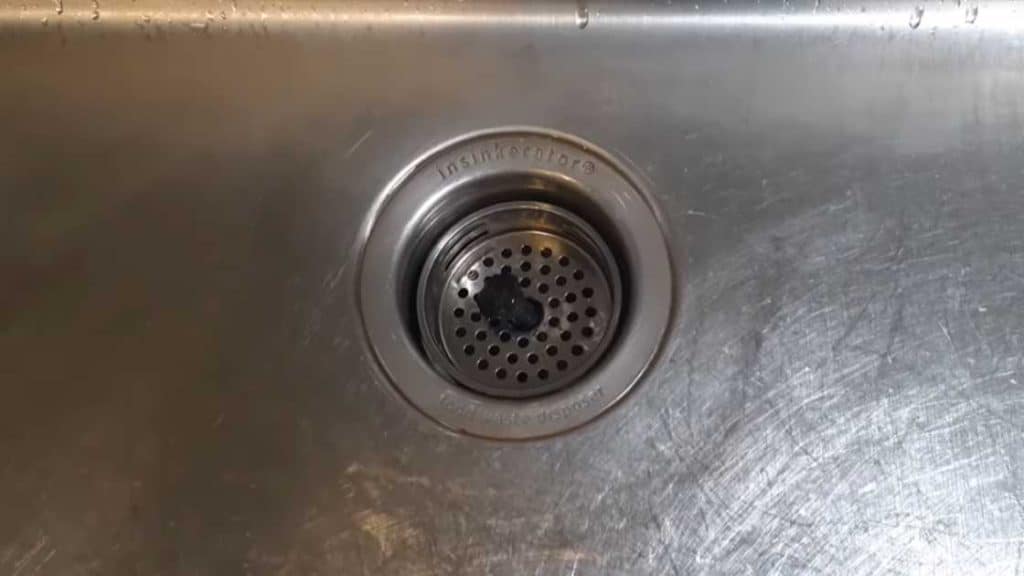Hot water, baking soda, and vinegar can effectively dissolve grease in a drain. Commercial chemical drain cleaners also tackle grease clogs efficiently.
Clogged drains are a common nuisance in households and commercial kitchens alike, often due to the accumulation of grease and oil. Grease can cling to pipes and build up over time, leading to blockages that disrupt water flow.
To tackle this pesky problem, many turn to tried-and-tested home remedies like a combination of baking soda and vinegar followed by boiling water, which breaks down the grease without damaging the plumbing.
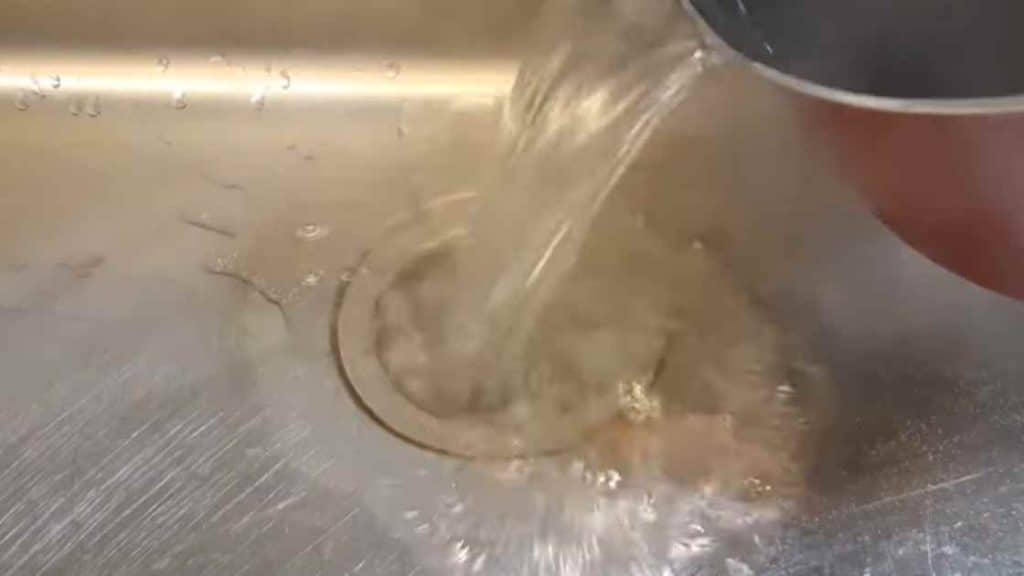
When dealing with stubborn clogs, you might be wondering, “What will dissolve grease in a drain?” For these tougher situations, turning to commercial drain cleaners is a common solution. These cleaners are equipped with potent chemicals specifically designed to swiftly break down grease.
Managing these issues promptly is essential to maintaining the optimal functioning of your sinks and preventing the possibility of more severe plumbing issues down the line.
Introduction To Grease Accumulation
Imagine a kitchen sink pipe as a busy highway where grease is an unruly driver. Over time, grease can build up, leading to troublesome blockages. In this guide, we dip into the nitty-gritty of grease accumulation and discover ways to dissolve these unwanted clogs.
How Grease Builds Up In Drains
Grease doesn’t enter our drains in large, noticeable chunks. Instead, it starts as small droplets that cling to pipes. Hot water temporarily keeps grease fluid, but once cooled, it solidifies, capturing other debris in the process. Over time, this creates stubborn blockages that are hard to clear.
The Impact Of Grease On Plumbing Systems
When grease clogs a drain, it does more than just slow down the water flow. It can cause a domino effect on your plumbing system. Bigger blockages lead to increased pressure on pipes, which might result in leaks or bursts. Recognizing the early signs of grease build-up is essential to maintain a healthy plumbing system.
Chemical Solutions For Grease Dissolution
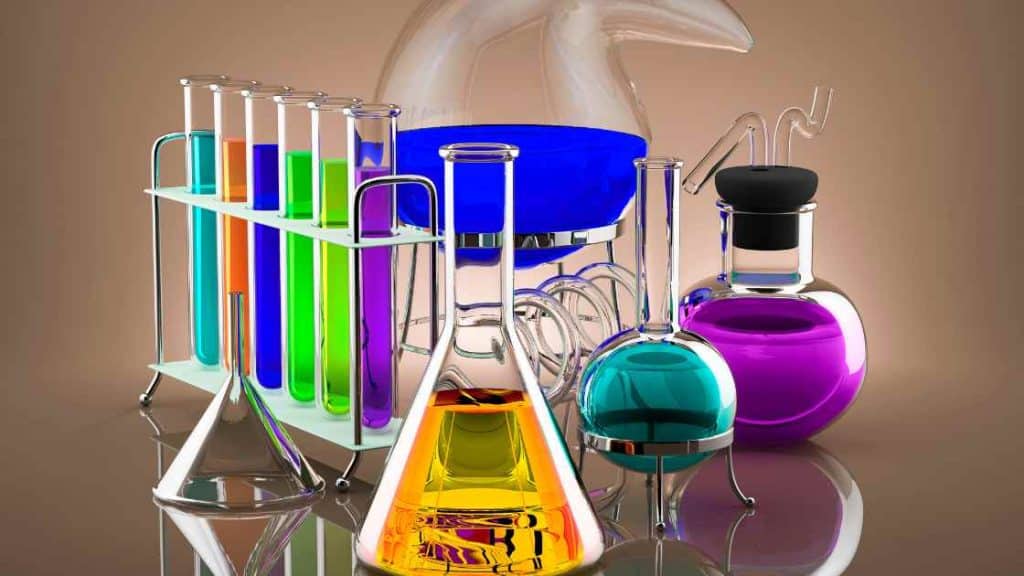
Clogged drains are a common household nuisance. Grease accumulation often causes these blockages. Chemical solutions can effectively dissolve this stubborn grease. In this section, we discover various chemicals that target and break down grease, ensuring smooth and clear pipes.
Commercial Drain Cleaners
Commercial drain cleaners pack a powerful punch against drain grease. These products contain strong chemicals like caustic soda or lye. They turn grease into a soap-like substance that water can carry away. Common brands are easy to find at local stores.
- Liquid-Plumr: Fast action against tough clogs.
- Drano: Reliable for serious blockages.
- Green Gobbler: Eco-friendlier and powerful.
Safety Considerations When Using Chemicals
Using chemicals for grease dissolves requires careful handling. Always read labels before use.
| Precaution | Reason |
|---|---|
| Wear gloves | Protects skin from burns |
| Avoid splashes | Keeps eyes safe |
| Use in ventilated areas | Prevents fume inhalation |
Children and pets should stay away during use. Proper use of these cleaners ensures efficient grease dissolution without harm. Always dispose of empty containers safely. This protects the environment and follows local regulations.
Natural Homemade Remedies
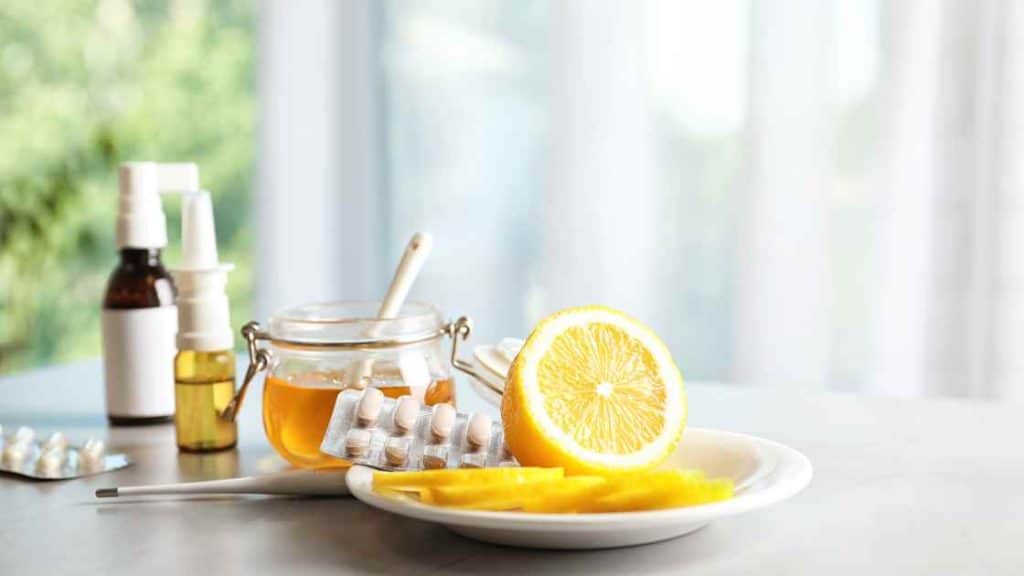
Grease-clogged drains create a mess in kitchens and bathrooms. But fear not! Natural homemade remedies can dissolve that stubborn grease without harsh chemicals. Simple ingredients from your pantry can work wonders.
Vinegar And Baking Soda Method
Unleashing the power of these two kitchen staples can blast away drain grease. Here is a step-by-step guide:
- Pour half a cup of baking soda directly into the drain.
- Follow with half a cup of white vinegar.
- The mixture will fizz. This reaction breaks down grease.
- Wait for about an hour. Use this time for your favorite activity.
- Rinse the drain with hot water to clear out the residue.
Using Boiling Water Effectively
Hot water is a simple grease-fighter. Follow these steps:
- Bring a pot of water to a boil.
- Pour it directly down the drain in two to three stages.
- Allow the water to work for several minutes.
- Use a plunger to help move the loosened grease along.
Repeat weekly to keep your drains clear and fresh.
Mechanical Methods To Clear Grease Blockages
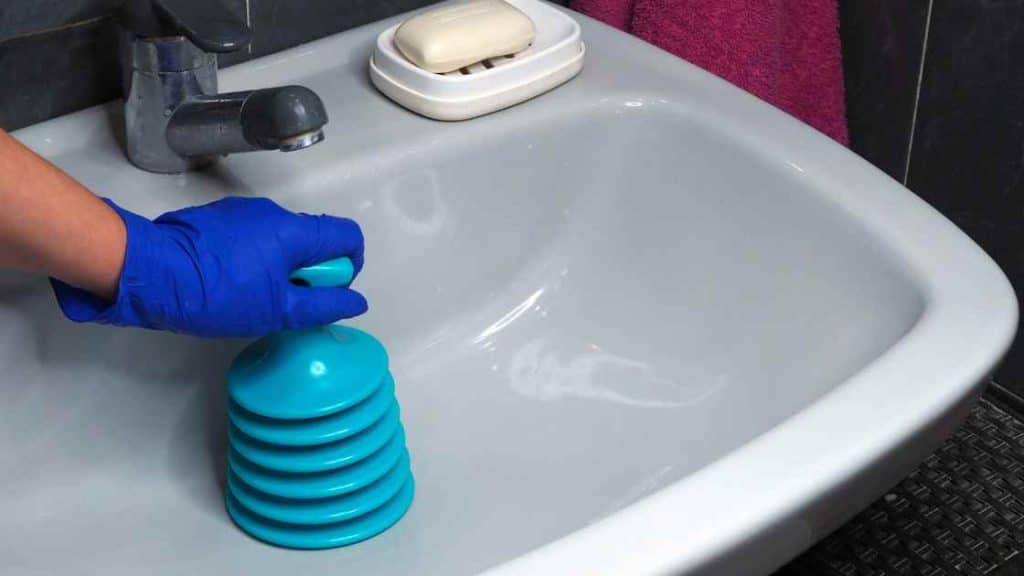
Mechanical methods offer a direct approach to clear grease blockages in your drain. Ditch the chemicals; let’s roll up our sleeves and tackle the clog with tools designed for the job.
Plungers And Their Proper Use
A plunger is more than an iconic symbol of plumbing woes; it’s a tried-and-true method for dislodging grease clogs. Here’s how to use one properly:
- Choose the right plunger. A flat-bottomed one is for sinks, and a bell-shaped one is for toilets.
- Make a seal. Cover the drain opening completely with the plunger’s cup.
- Pump vigorously. Push and pull without breaking the seal, to generate pressure that can dislodge the clog.
- Flush with hot water to clear any remaining grease.
Drain Snakes And Professional Tools
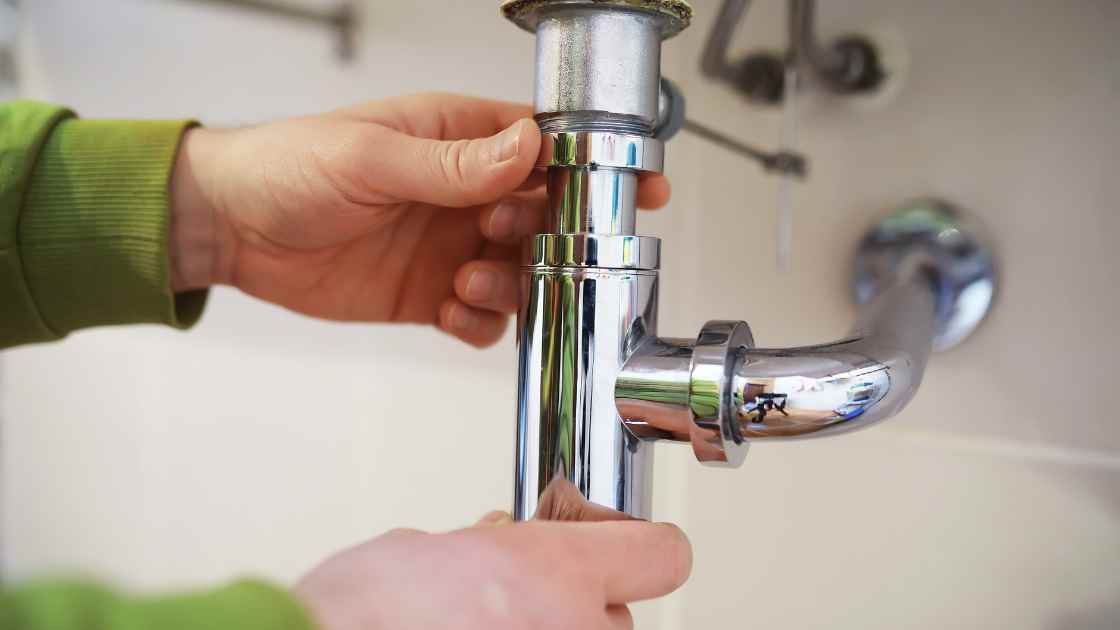
When a plunger doesn’t cut it, it’s time to bring in the heavy artillery. Drain snakes, or plumber’s augers, bore through the blockage, breaking it up to restore flow.
- Insert the end of the snake into the drain.
- Turn the handle to extend the coil.
- Feel for resistance. That’s your cue to crank harder and break through the clog.
- Once through, retract the snake, and flush the drain.
For stubborn problems, professional plumbers have even more tools. They can use hydro-jetters that blast grease away with high-pressure water or motorized augers that chew through the thickest of clogs.
Enzymatic Drain Cleaners
Enzymatic Drain Cleaners offer a gentler way to dissolve grease blockages in your drain. Unlike harsh chemical drain cleaners, these cleaners use natural enzymes to break down grease into smaller, more manageable molecules.
How Enzymatic Cleaners Work
Enzymes are biological catalysts that accelerate chemical reactions. In the context of drain cleaning, these enzymes target grease by breaking it down. This transformation process converts the grease into substances like carbon dioxide and water, which flow easily down the drain.
Pros And Cons Of Enzymatic Solutions
- Pros:
- Safe for pipes and septic systems
- Environmentally friendly
- Non-toxic to humans and pets
- Prevents future clogs with regular use
- Cons:
- Slower action compared to chemical cleaners
- May require multiple applications for tough blockages
- Higher cost upfront
- Limited effectiveness on inorganic material
Preventative Measures And Best Practices
Grease clogs can be a homeowner’s worst nightmare, but proactive steps can keep pipes clear. Awareness of how to prevent grease from accumulating in your drains is viral. Let’s discover the most effective preventive measures and best practices.
Proper Disposal Of Grease And Oils
Never pour grease down the drain. It may seem like a liquid, but it solidifies and causes blockages. Instead, let it cool and solidify. Then, scrape it into a trash bin. For oils that stay liquid, use a sealable container and dispose of it properly. Follow these steps:
- Let grease cool off after cooking.
- Scrape it into a container.
- Seal and throw it in the trash.
Remember, even small amounts of grease can build up over time. Always wipe pans with a paper towel before washing.
Regular Drain Maintenance Tips
Consistent upkeep prevents clogs. Here’s a schedule to keep drains clear:
| Daily | Weekly | Monthly |
|---|---|---|
| Run hot water after use. | Flush with boiling water. | Use a safe enzymatic cleaner. |
Regularly clean strainers and stoppers. A mixture of vinegar and baking soda helps too. Pour 1 cup of each down the drain. Wait for 15 minutes, then rinse with hot water.
- Clean strainers and stoppers.
- Mix vinegar and baking soda.
- Rinse with hot water after 15 minutes.
As a final tip, install a grease trap if you cook often. This device catches grease before it enters pipes. Professional cleaning twice per year keeps it effective.
The Role Of Ph.D. in Grease Dissolution
The Role of pH in Grease Dissolution is essential when trying to clear greasy blockages in drains. The pH scale measures how acidic or basic a substance is. It runs from 0 to 14, with 7 as neutral.
Substances with a pH less than 7 are acidic, and those with a pH greater than 7 are basic or alkaline. Grease has a complex chemical structure that can be broken down more easily when the correct pH level is applied. Let’s discover how the pH balance can be utilized for effective grease removal.
Acidic Versus Alkaline Cleaners
Choosing the right type of cleaner is a game-changer for eliminating drain grease. Acidic cleaners typically contain substances like hydrochloric or sulfuric acid. These can cut through grease but may harm your pipes if not used properly.
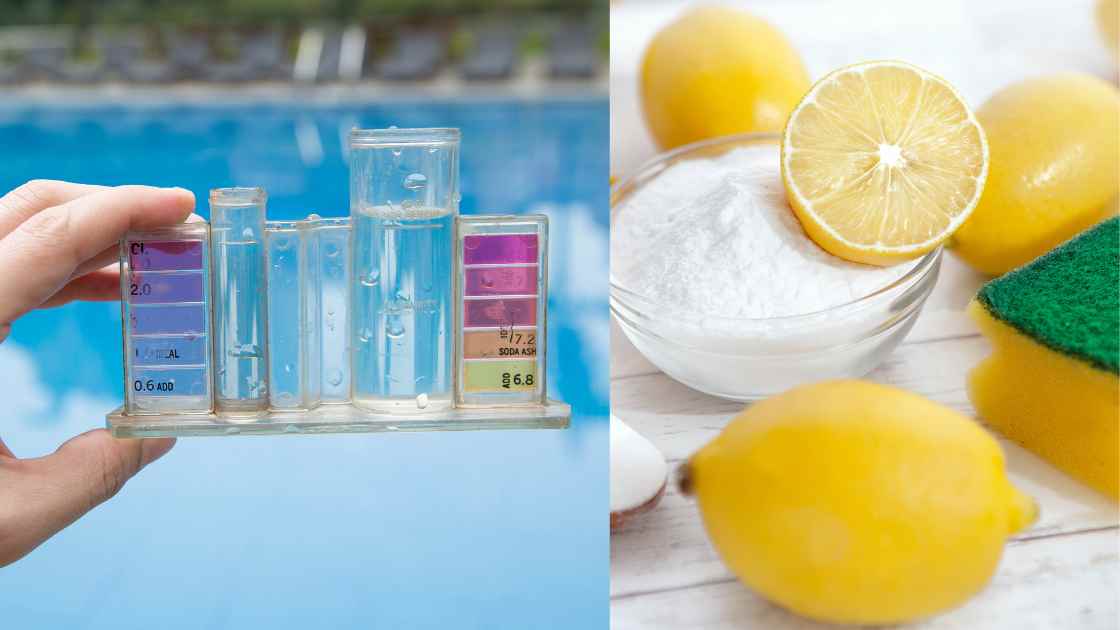
Alkaline cleaners, on the other hand, often use substances such as sodium hydroxide or potassium hydroxide to dissolve the grease without damaging your plumbing.
- Acidic cleaners: Can remove mineral deposits and rust.
- Alkaline cleaners: Excel at breaking down fats, oils, and grease.
Balancing Ph For Effective Grease Removal
Getting the pH balance right is vital for dissolving grease without harming pipes. A balanced pH solution is neither too acidic nor too alkaline. It ensures the chemical reaction needed to break down grease occurs effectively.
| pH Level | Type | Effect on Grease |
|---|---|---|
| 0-6 | Acidic | Can erode grease but also pipes |
| 7 | Neutral | Minimal effect on grease |
| 8-14 | Alkaline | Breaks down grease effectively |
For best results, select a cleaner with a high alkaline pH. This helps to emulsify the grease, making it easier to flush away. Remember, safety is key, so always follow the instructions on the cleaner’s label.
Professional Grease Removal Services
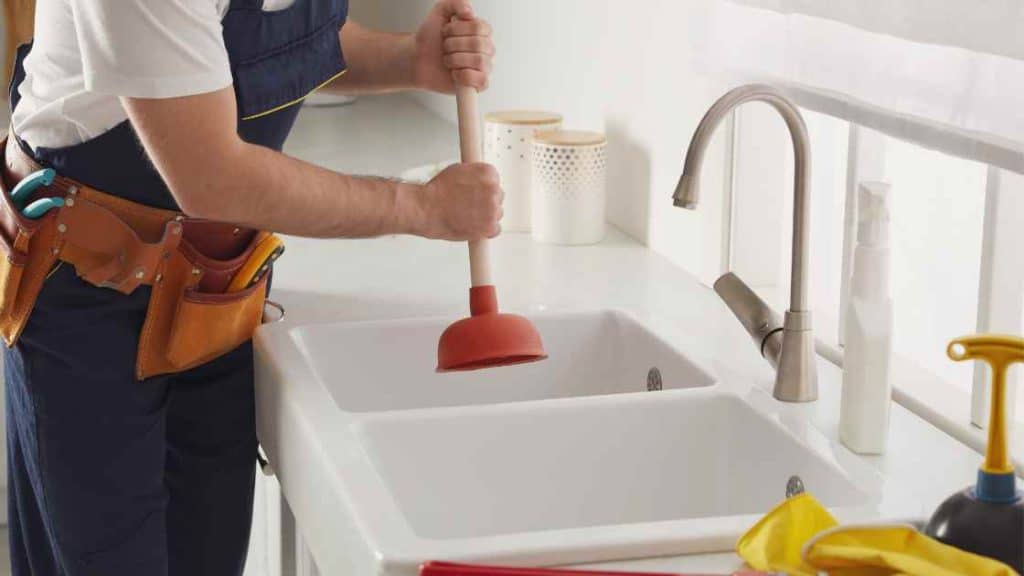
Dealing with greasy drains is a slippery task. Professional Grease Removal Services exist to tackle such issues. They ensure your pipes are clean and clear without any hassle. Trusting this dirty job to the experts can save time and protect plumbing.
When To Call A Professional
Signs of severe blockage signal it’s time for professional help. Look out for these indicators:
- Slow drainage despite using home remedies
- Unpleasant odors from the sink
- Water backing up in unexpected places
Ignoring these signs can lead to costly repairs. Act fast to prevent pipe damage.
Benefits Of Professional Drain Cleaning
Enlisting experts offers numerous advantages. Consider the following:
| Benefit | Description |
|---|---|
| Expertise | Trained technicians apply the right techniques. |
| Effective tools | Professionals have specialized equipment for thorough cleaning. |
| Long-term solutions | Professional cleaning prevents future blockages. |
| Safety | Experts ensure the safety of your plumbing system. |
Choosing expert drain cleaning means peace of mind with functional plumbing.
The Environmental Perspective
Grease buildup in drains poses risks to both plumbing systems and our planet. This section Covers sustainable methods to tackle greasy blockages and their importance in preserving a healthy environment.
Eco-friendly Grease Disposal Options
Safe grease disposal is essential for environmental protection. Consider these methods:
- Baking Soda and Vinegar: Combine these pantry staples to break down grease naturally.
- Hot Water and Dish Soap: Regular dish soap emulsifies grease, allowing hot water to flush it away.
- Enzyme Drain Cleaners: These cleaners use natural bacteria to digest grease without harsh chemicals.
Composting is also an option for small amounts of vegetable-based oils and fats. Always avoid pouring any grease down the sink.
Impact Of Grease On Sewage Systems And Environment
When grease accumulates in the sewage system, it can lead to blockages, overflows, and costly repairs. This not only affects infrastructure but also harms local ecosystems.
- Sewer Blockages: Hardened grease can clog pipes and lead to sewage backups.
- Water Contamination: Overflows may pollute rivers, harming wildlife and plant life.
- Wasted Resources: Cleaning clogged systems requires extra water and energy.
Choosing green solutions for grease disposal is crucial. It protects both sewage systems and the broader environment.
Troubleshooting Common Issues
Troubleshooting Common Issues with a grease-clogged drain can be a slippery slope. Without the right approach, you may exacerbate the problem. Knowing what dissolves grease effectively and safely ensures your kitchen remains functional and hygienic.
Recognizing Signs Of A Grease Clog
Identifying a grease blockage early prevents severe plumbing issues. Look for these signs:
- Slow Drainage: Water takes longer to go down.
- Foul Odor: Unpleasant smells emerge from the drain.
- Gurgling Sounds: Noises occur when water battles the clog.
What To Avoid Doing With A Greased Drain
When facing a drain clog, certain actions can worsen the situation:
| Action | Reason to Avoid |
|---|---|
| Pouring Hot Water | May solidify grease further down the pipes. |
| Using Chemical Drain Cleaners | Can harm pipes and the environment. |
| Plunging Forcefully | Pressure can damage plumbing joints. |
Frequently Asked Questions Of What Will Dissolve Grease In A Drain
What Substances Effectively Break Down Drain Grease?
Baking soda and vinegar can effectively dissolve grease buildup. Pouring a cup of baking soda followed by a cup of vinegar, and after a few minutes, flushing with boiling water can create a chemical reaction that cuts through grease.
Are Chemical Drain Cleaners Safe For Pipes?
Some chemical drain cleaners can be harsh and potentially damage pipes, especially if used frequently. It’s important to use them according to the manufacturer’s instructions and consider the pipe material. For safer options, enzymatic cleaners are recommended.
Can Hot Water Melt Grease In Drains?
Hot water can help to melt grease, but it should be very hot. Simply running hot tap water may not be enough; pouring boiling water directly down the drain is often more effective at dissolving grease clogs.
How Does Dish Soap Dissolve Drain Grease?
Dish soap contains surfactants that can break up grease on dishes and work similarly in drains. Pouring a grease-fighting dish soap down the drain followed by hot water can help to cut through and dissolve grease buildup.
What is the best drain cleaner for grease?
The best drain cleaner for grease is one that specifically targets and breaks down grease deposits, such as those containing enzymes or bacteria. Look for products labeled as grease dissolvers or designed for kitchen drains to effectively tackle grease buildup and prevent clogs.
How do you unclog a clogged drain with grease?
To unclog a drain clogged with grease, start by pouring boiling water down the drain to loosen the grease. Follow up with a mixture of equal parts vinegar and baking soda, allowing it to fizz for about 15 minutes before flushing the drain with hot water again.
Conclusion
Tackling grease clogs doesn’t have to be daunting. Essential household items like baking soda and vinegar often do the trick. Professional solutions are also available, if persistent. Remember, prevention is key—regularly clean drains to avoid buildup. Staying proactive keeps your pipes clear and functional.

